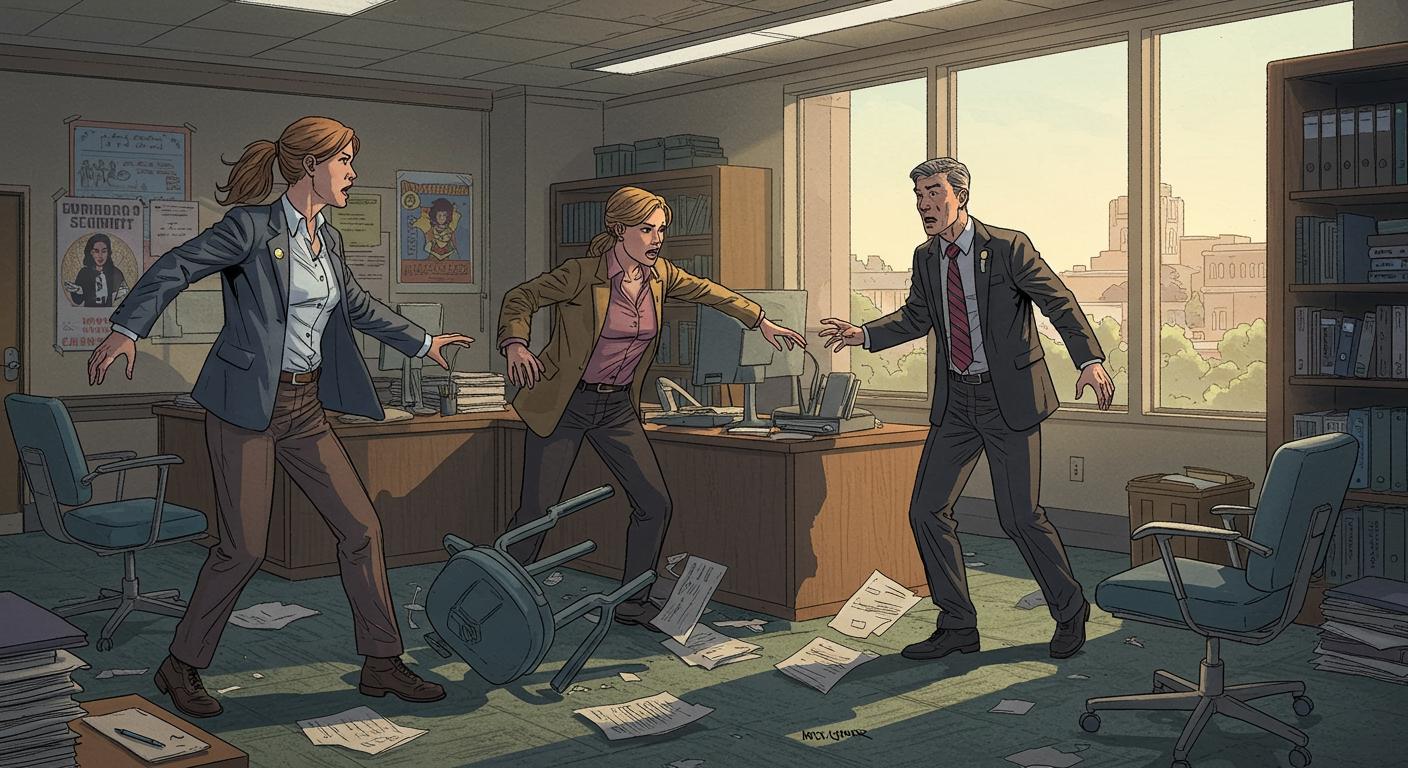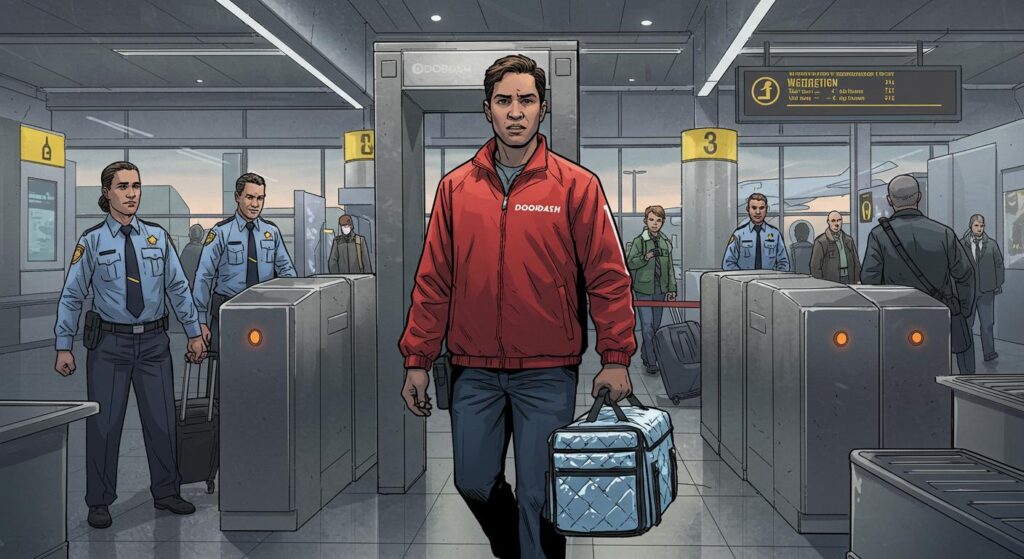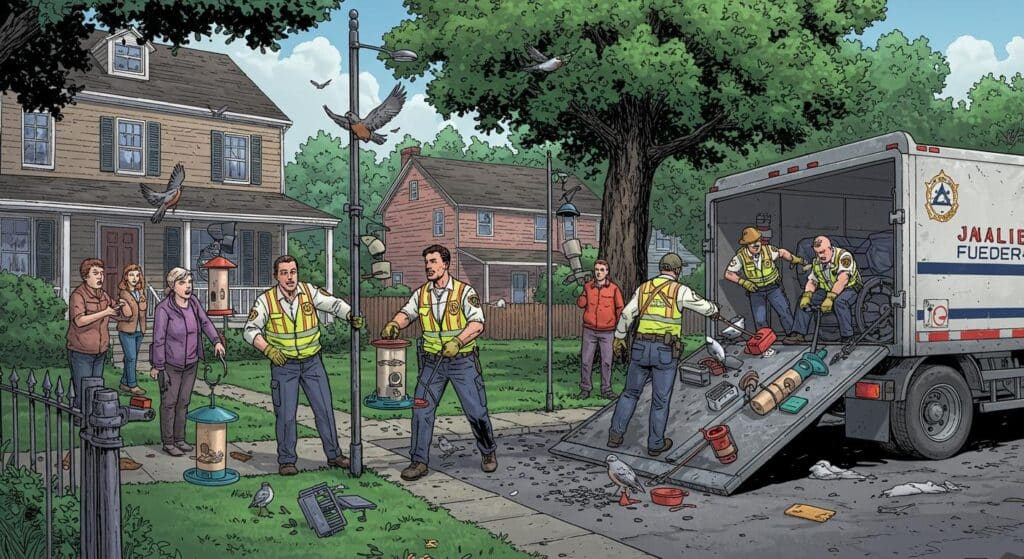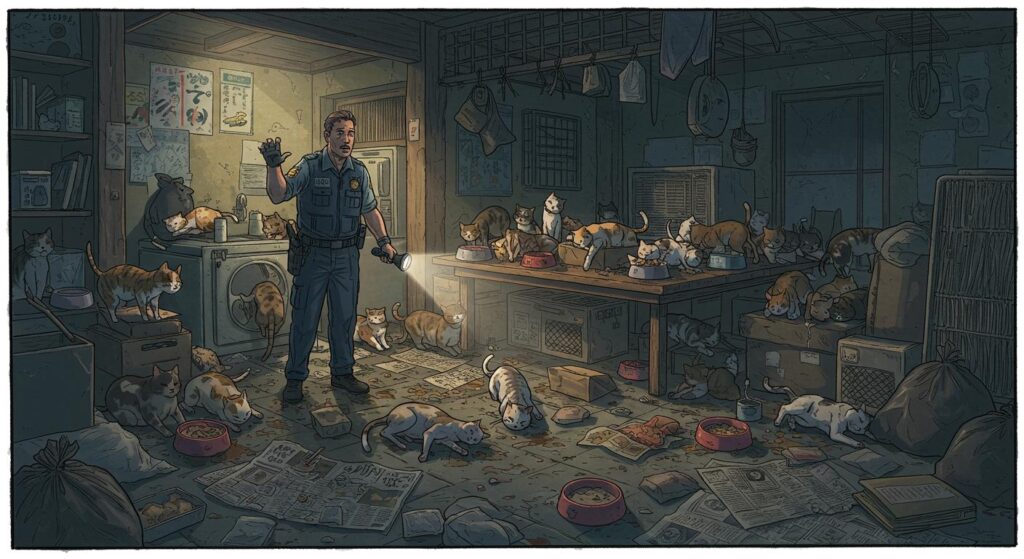When most people imagine a parent-teacher conference, images of awkward silences over report cards or perhaps a stern word about homework come to mind. Rarely does the meeting schedule include a full-lockdown scenario or—an unexpected twist—a principal on leave just weeks later. Yet, as described in The Independent and detailed through police records reviewed by KCBD, that’s precisely the scene that unfolded at Randolph Middle School in Charlotte, North Carolina on May 5.
A Meeting Goes Off the Rails
It began, as these things often do, with a call: Mariah Hector, 33, was summoned to school to discuss her daughter’s involvement in a fight. An affidavit cited by both news outlets indicates Hector arrived accompanied by other family members, presumably prepared for a difficult conversation. However, somewhere between arriving and departing, what should have been a tense—yet civil—exchange diverged into physical confrontation.
According to police statements included in both reports, tensions escalated rapidly. Administrative staff, catching the tone of the moment, reportedly asked Hector to leave after she became combative. Instead of an orderly exit, officials say Hector forced her way past an employee and then shoved Principal Jennifer Schroeder into a wall. The sequence didn’t end there: Hector is accused of grabbing Assistant Superintendent Jennifer Dean “with both hands around her neck and attempted to choke her,” according to court records highlighted by The Independent.
Police noted that Dean suffered difficulty breathing and visible injuries, though she did not lose consciousness, as documented in the KCBD report. This all proved sufficient to trigger a schoolwide lockdown as authorities moved in to arrest Hector, who was charged with assaulting a school employee and second-degree trespassing. She was later released on bond, per records cited across both news outlets.
Uninvited Guests and Unintended Absences
As if the meeting needed an encore, the arrest affidavit detailed by The Independent also reveals the arrival of Trinity Nixon, age 20, who, despite explicit instructions from staff, ventured into the school anyway. Nixon allegedly punctuated her visit with cursing and yelling, earning a second-degree trespassing charge for her efforts.
Amid the swirl of arrests, another development surfaced: Principal Schroeder, reportedly the reluctant player in the school-wall event, found herself suspended with pay two weeks after the altercation. KCBD refers to employment records confirming Schroeder’s leave was effective May 20. In a message sent to school families and noted in both outlets, Charlotte-Mecklenburg Schools diplomatically explained that the principal would be “away from campus at this time,” but offered no specifics about the reason, labeling it a “personnel issue.” The timing creates the type of unanswered question that administrators—much like everyone else—probably wish had an easier answer.
Odd Twists in Schoolyard Chess
For those keeping score at home, the typical parent-teacher conference trajectory rarely includes the appearance of law enforcement, lockdown alarms, or a supporting cast charged with trespassing. There’s something quietly surreal about a conversation meant to address student fighting developing into a scene in which the adults in charge end up physically embroiled. A bit of symmetry, albeit of the eyebrow-raising kind.
What’s particularly curious—as noted by both The Independent and KCBD—is the post-conference aftermath: a principal, ostensibly the victim of physical aggression, is put on administrative leave shortly after the incident. The school district, staunchly tight-lipped behind the “personnel issue” curtain, leaves room for wide-ranging speculation, but offers zero clarity on whether the suspension is tied to the mayhem of May 5 or something else entirely. Bureaucratic mystery or coincidence? One can’t help but wonder if somewhere an HR department has a flowchart for this exact situation.
Underneath the absurdity, the oddest detail might be the inversion of expected roles. The meeting convened to discuss student fights ends up a live demonstration in high-level conflict escalation, with no clear lesson about conflict resolution on display—unless “lockdown drills count as teachable moments.”
A Puzzle Right Out of Left Field
Zooming out, this Charlotte episode seems destined for the school lore archives—a tale students will whisper about long after the “do not touch” sign goes up in the main office. Yet, questions remain unanswered: When disciplinary conversations turn into near-emergencies, what precedent does that set? And in the aftermath, when administrative leave falls on the principal (not the assailant), what signals ripple through the staff and student body?
Highlighted by the tangled reporting in both The Independent and KCBD, the saga reads like a blend of farce and procedural headache. Is this merely a North Carolina anomaly, or just another entry in the growing ledger of “parental involvement, taken literally”? Sometimes, it feels like the school’s main lesson for the day isn’t spelled out on any whiteboard—but rather scribbled in the margins of the incident report, waiting for the next collective, bemused shake of the head.







